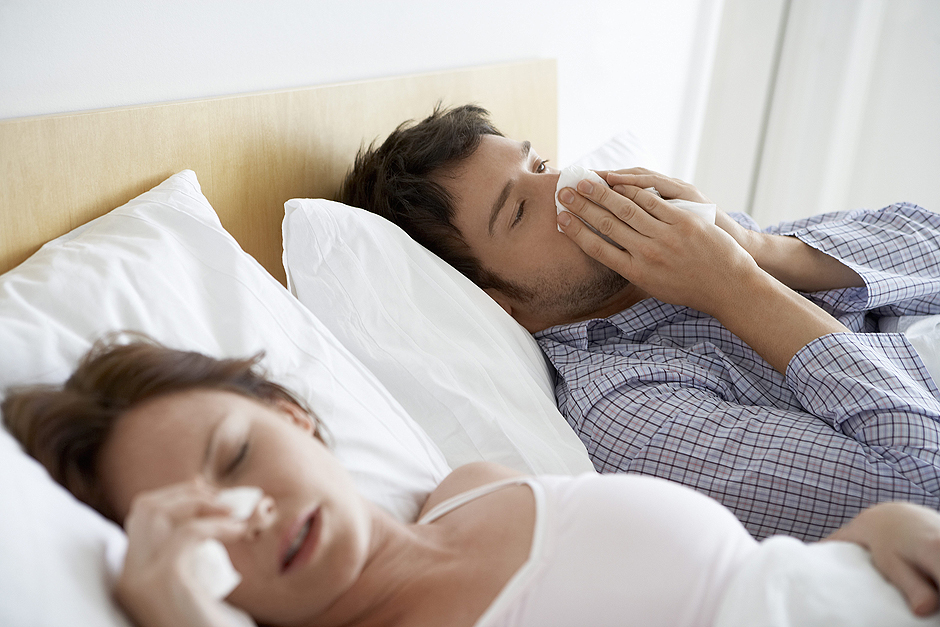TORONTO – While sites like Facebook and Twitter are often criticized for being littered with pointless status updates from friends, these tools may be able to provide important clues into preventing the spread of infectious diseases.

Researchers at the University of Waterloo are using mathematical models to understand how we respond socially to the threat of infectious diseases and develop treatment and prevention methods.
They suggest that the spread of diseases is correlated with how society responds to those contagions. For example, when we get a cold we stay in bed and, most of us, try to cover our mouths when we cough, or we promote the idea of vaccination.
Read More: Canadian researchers develop disease outbreak surveillance
“Social media and other data sources can be tapped for insights into how people will react when faced with a new disease control measure or the threat of infectious disease,” said Chris Bauch, professor of applied mathematics at the University of Waterloo, who authored the study.
“We can create models from this data that allows researchers to observe how social contagion networks interact with better-known biological contagion networks.”
Bauch, alongside co-author Alison Galvani from Yale University, found that like diseases ideas and information can be contagious – especially when that information is shared amongst friends on a forum like Facebook.
“Predictive modelling isn’t perfect, but it can help gauge how people will respond to disease control measures,” said Bauch.
Researchers say that further understanding of how social contagion networks and biological contagion networks interact will help save lives during outbreaks.
Read More: Canadian scientists pioneer new formula in airport disease screening
- Trudeau tight-lipped on potential U.S. TikTok ban as key bill passes
- Canadian man dies during Texas Ironman event. His widow wants answers as to why
- Hundreds mourn 16-year-old Halifax homicide victim: ‘The youth are feeling it’
- On the ‘frontline’: Toronto-area residents hiring security firms to fight auto theft




Comments